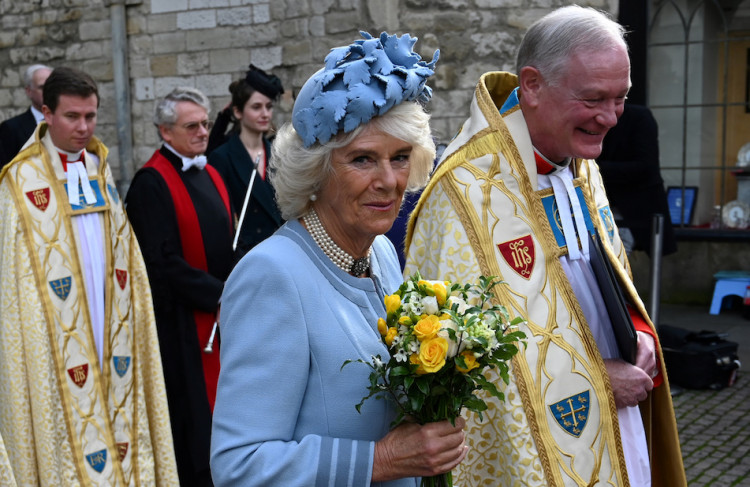Prince Charles is expected to ascend to the throne after the long-reign of her mother, Queen Elizabeth II. Some royal observers, however, have different opinions about what would be Camilla Parker Bowles' effect on Charles' life when that time comes.
Prince Charles and Camilla's presence at Queen Elizabeth II's side during the opening of the Parliament made headlines for many reasons. For one, it was unprecedented to see the Duchess of Cornwall flanking the Queen and Charles alone.
In the 2016 opening of the Parliament, she and Charles seated together on the right side of the Queen. In 2017, Prince Charles accompanied his mother in his capacity as her consort after his father, Prince Philip, retired from royal duties in the same year. This year, many were surprised to see Camilla sitting alone by the side of Her Majesty and Charles.
Express.uk noted that the Duchess of Cornwall has been on Charles' side on several state openings as his wife, but she always seated next to him. The recent Queen's speech is the first time she was seen flanking the Queen and his husband by herself.
Royal biographer Penny Junor noted in her 2005 book, The Firm: The Troubled Life of the House of Windsor, that Camilla's presence on Charles' life as a King may cause problems on the royal family. Junor said the devotion and love of William and Harry's father to the Duchess of Cornwall have already ruined his image and may also harm the country once he took the throne.
However, in Junor's 2017 biography of Camilla, titled The Duchess: The Untold Story, she acknowledged that the love and support of the Duchess of Cornwall would make Charles a better King. Though Camilla will not be a Queen when Charles becomes King, she will still play an important role in Charles' ascension to the crown.
Junor said Charles could be the best-prepared heir who has ever taken the throne, but he is not emotionally tough. She said this is where Camilla's strengths will come in. Junor claimed the Duchess of Cornwall would be Charles's pillar of strength and confidence.
For years, Charles struggled to get the support of the public to accept Camilla as a member of the royal family, much so as their future Queen. He gained both fans and detractors over the years. It was because of his decision to put his happiness on top of what is best for the institution.
When Charles finally tied the knot with Camilla in 2005, it put an end to the prospect of constitutional turmoil that would have followed if Charles had been crowned as King with Camilla by his side. Still, some royal fans haven't acknowledged Camila as Prince of Wales' wife.






